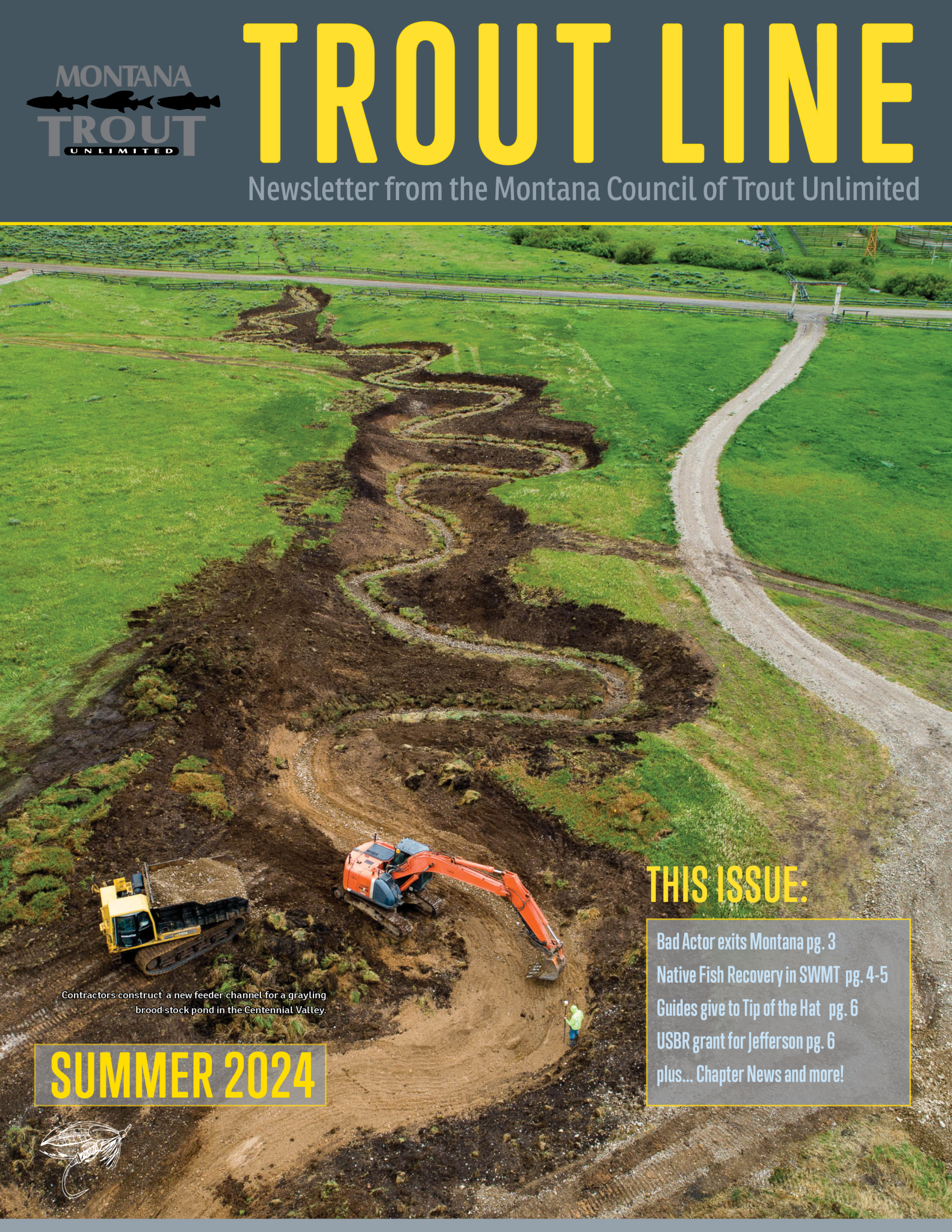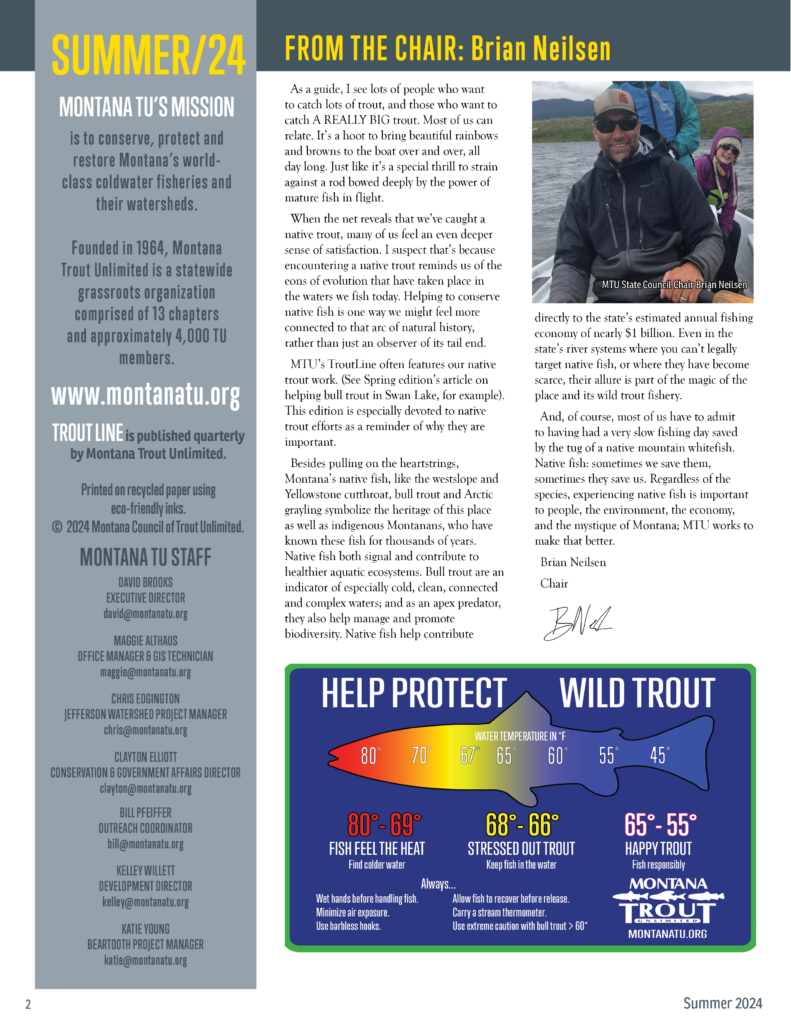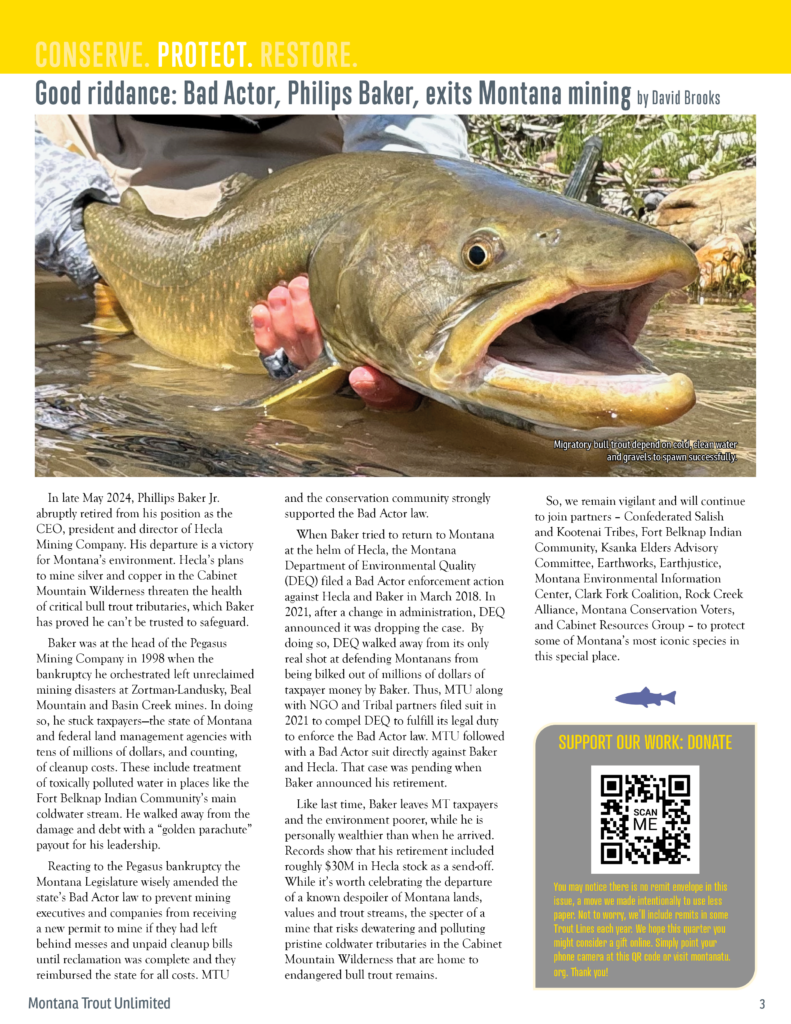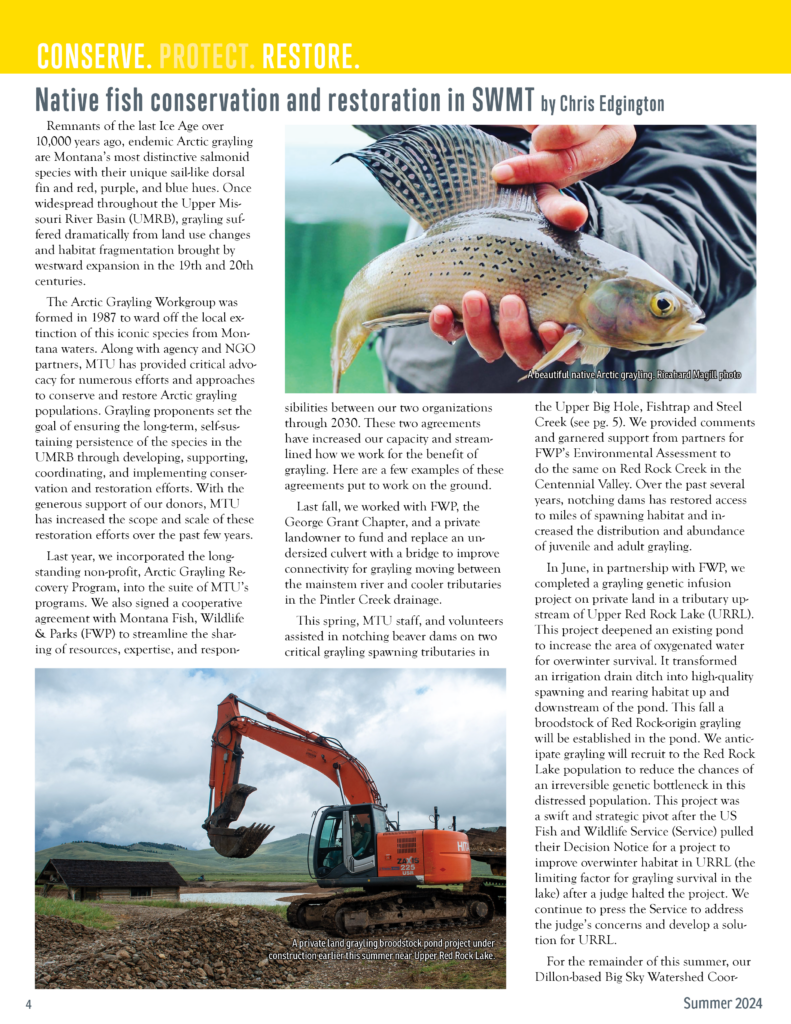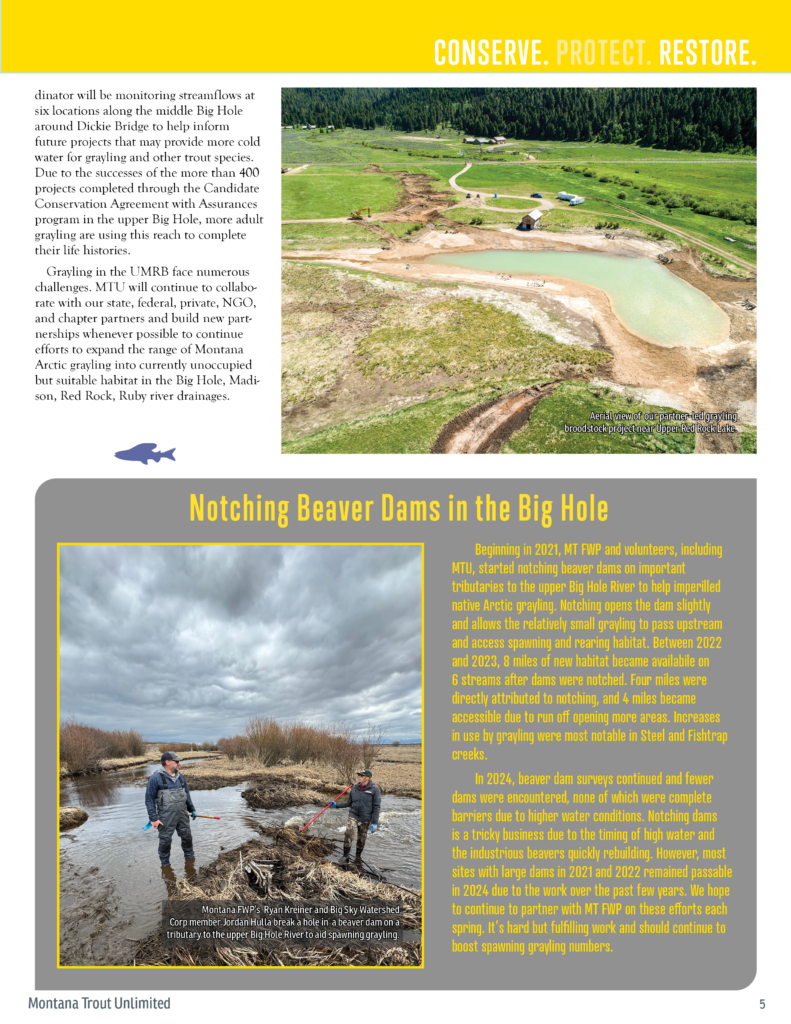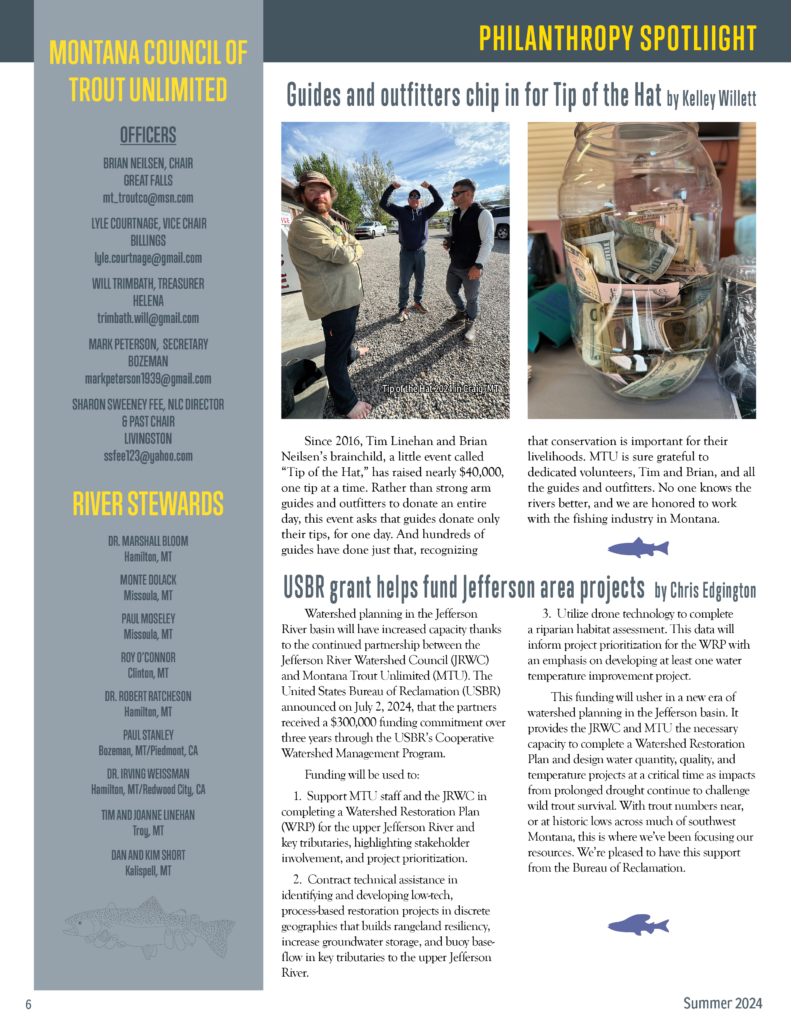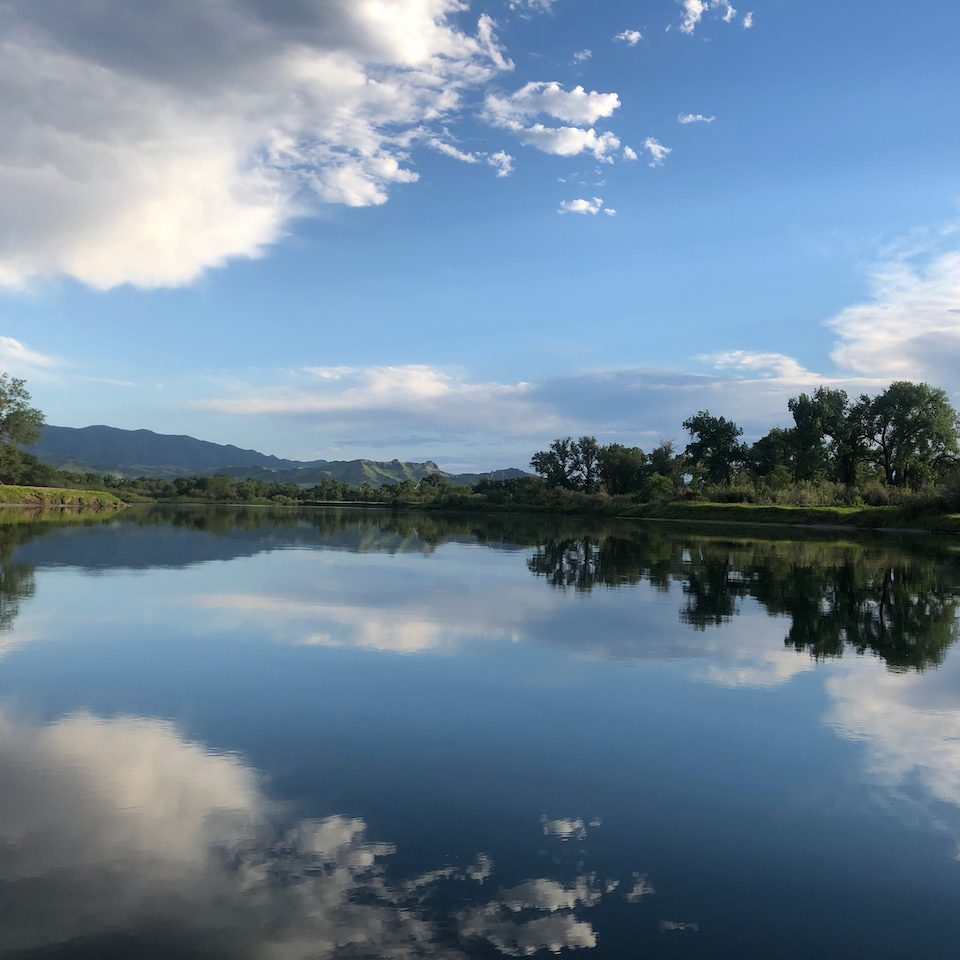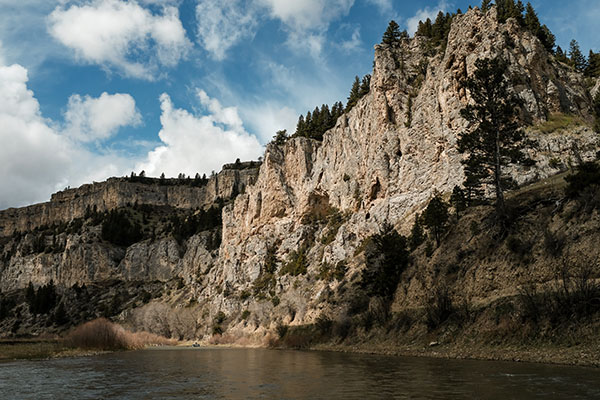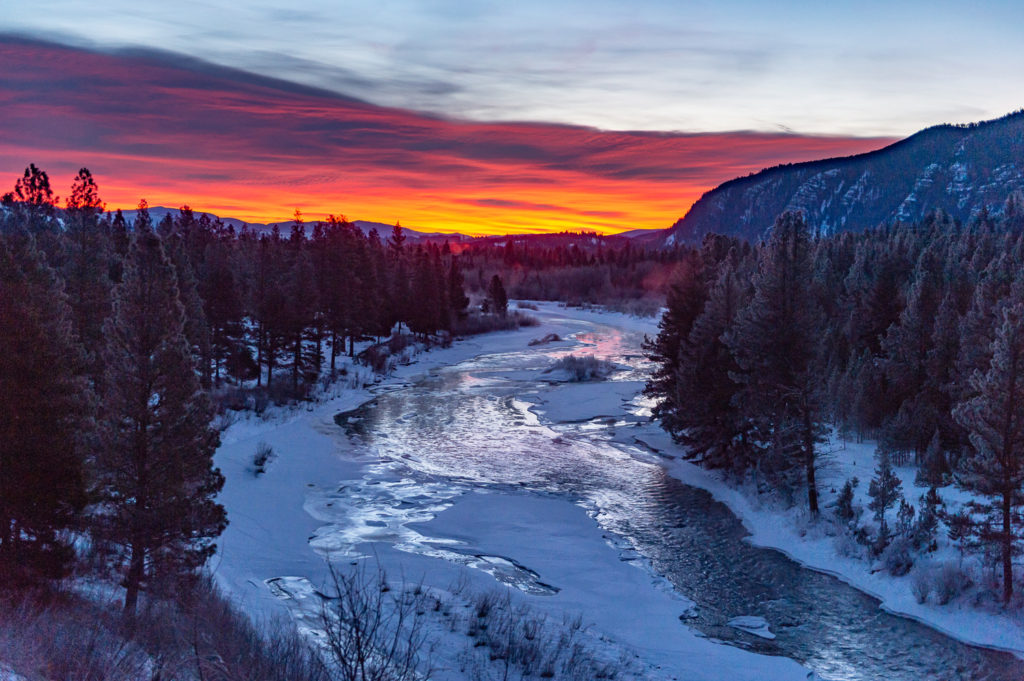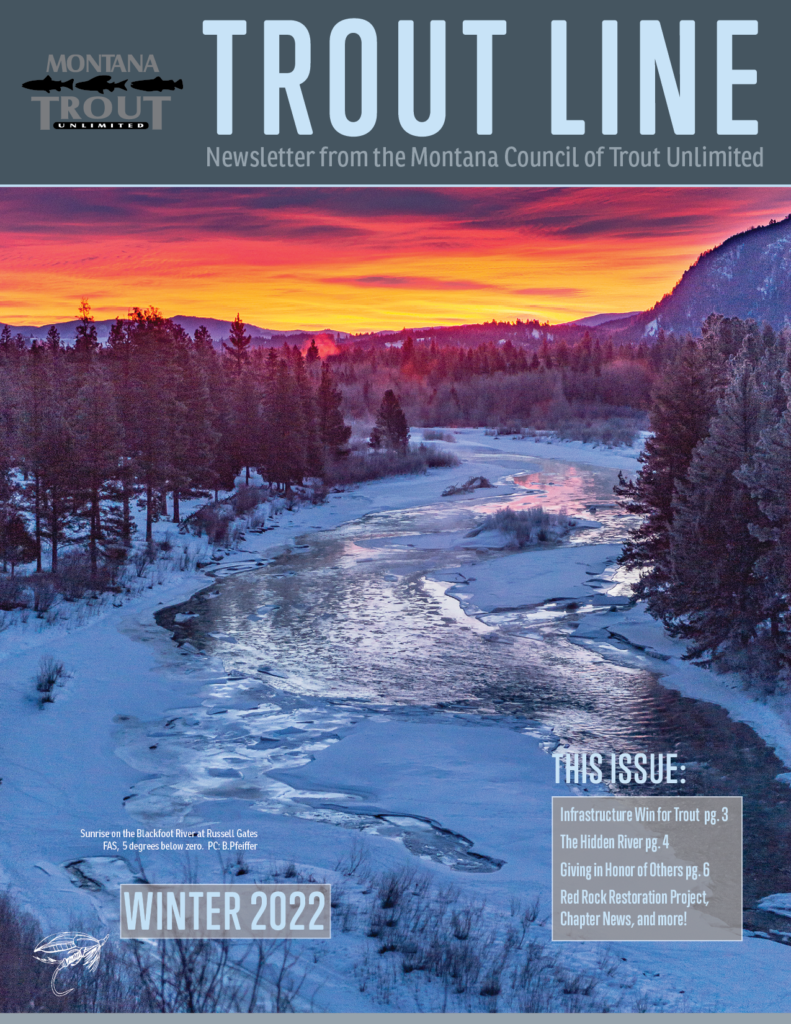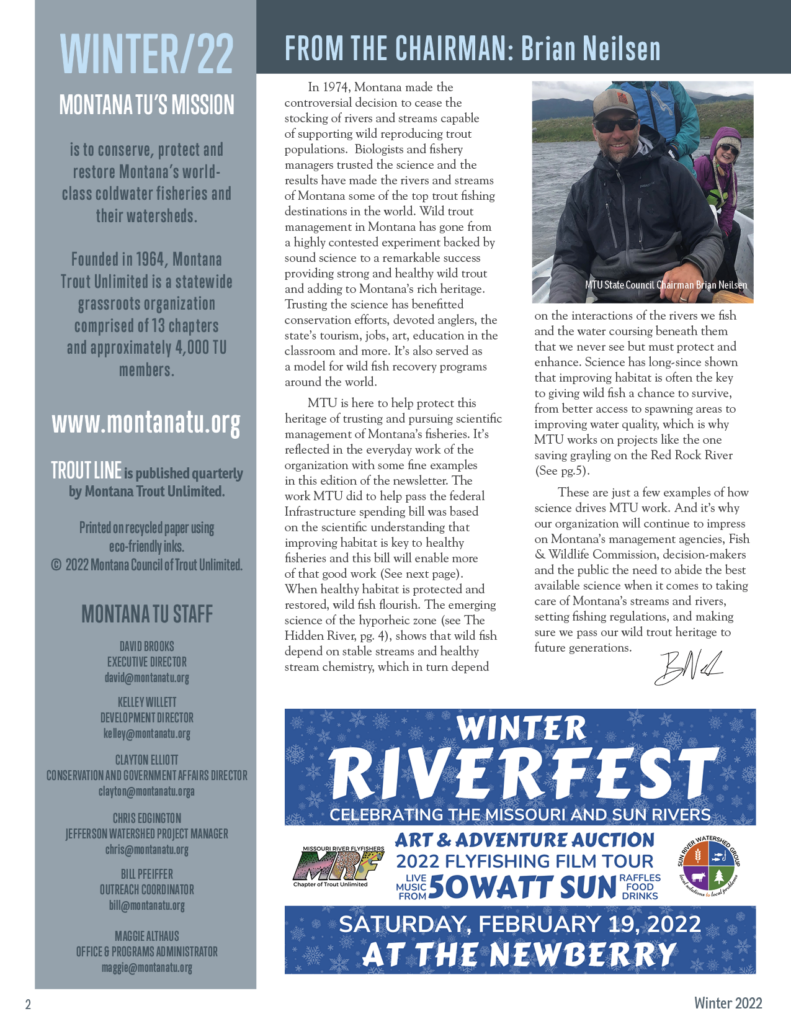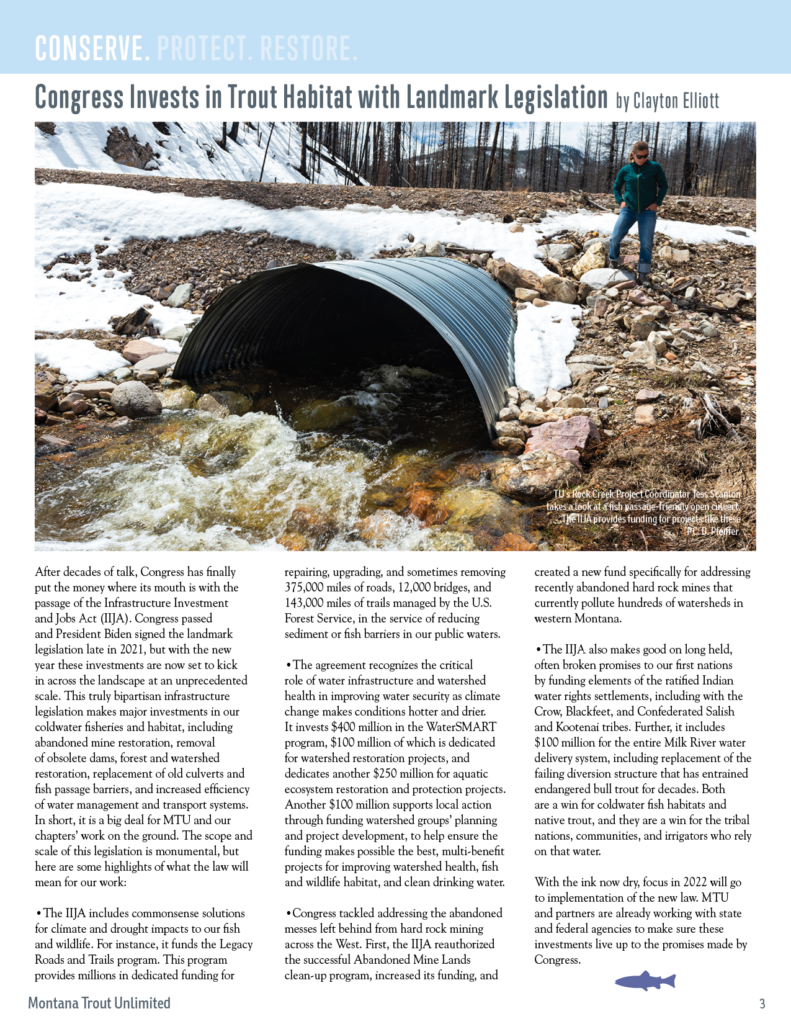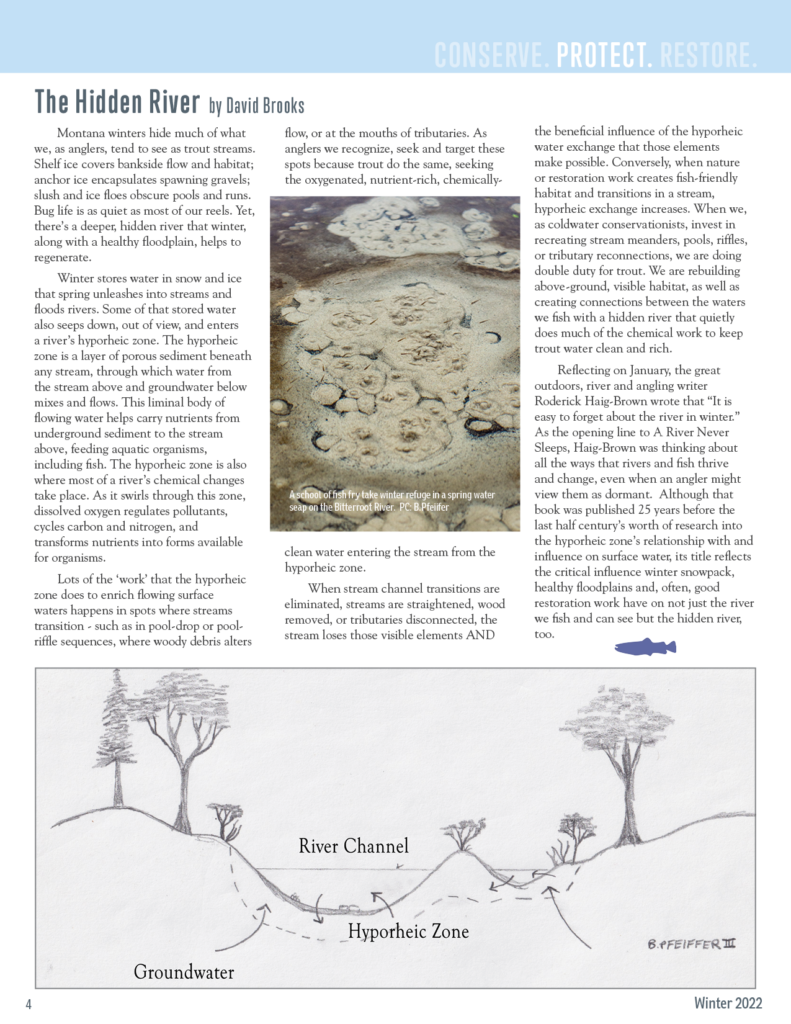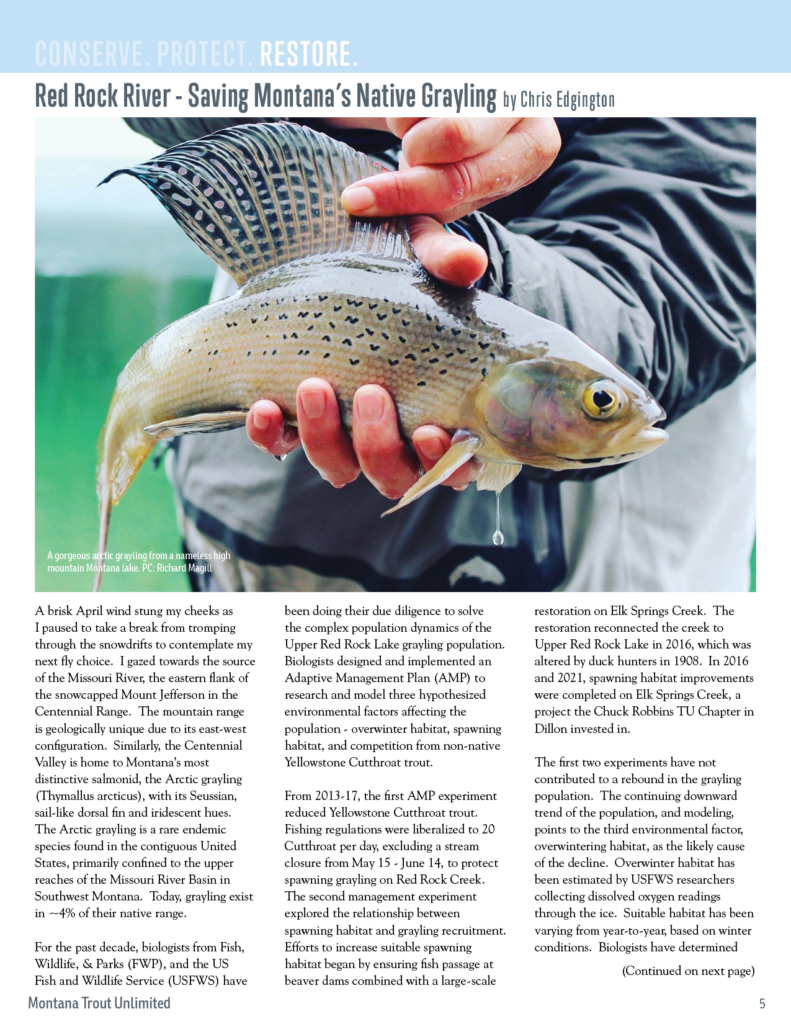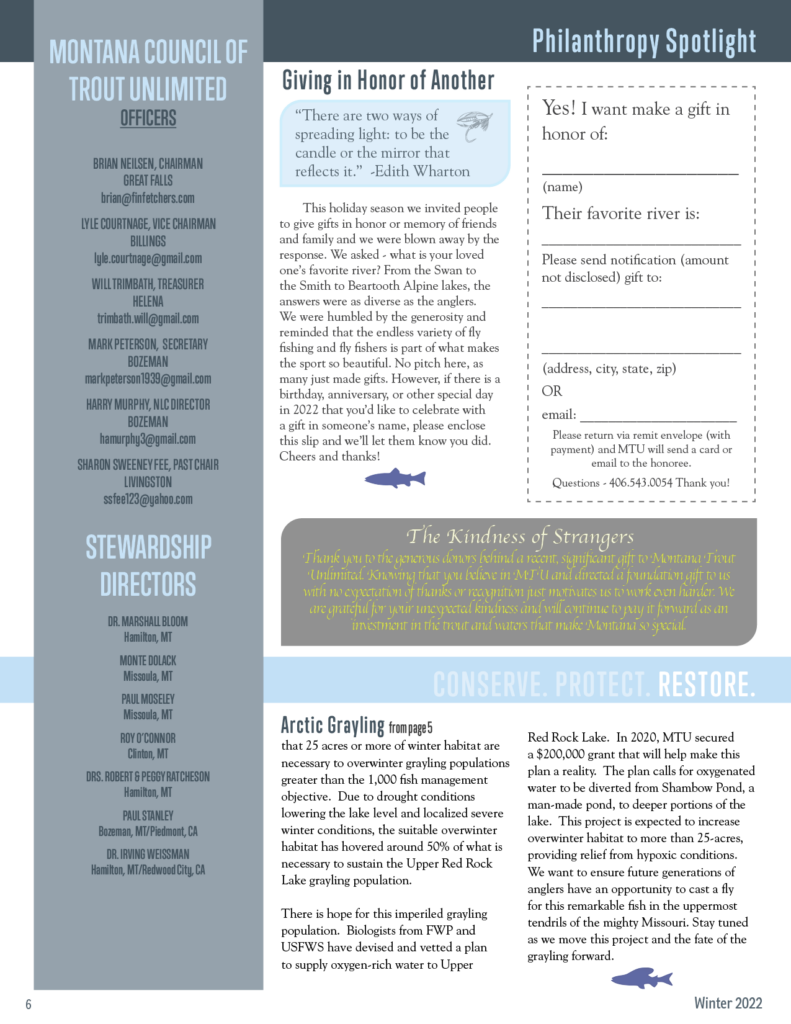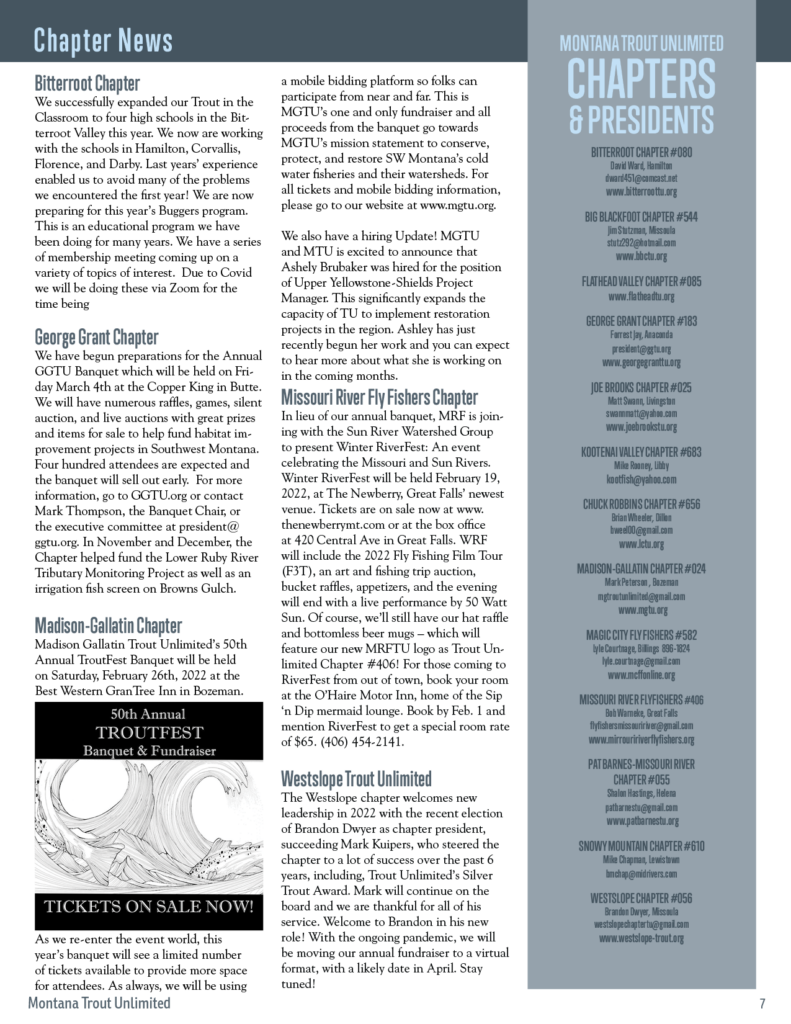Water-use permit for the Black Butte Copper Mine upheld by the Montana Supreme Court
Court rules in favor of DNRC and a company that seeks to mine near the headwaters of the Smith River.
In a blow to the Smith River and future generations, the Montana Supreme Court today upheld the water-use permit granted by the Department of Natural Resources and Conservation to Sandfire Resources, which plans to pump and impound large volumes of groundwater at its proposed Black Butte Copper Mine, in Meagher County. Our coalition of conservation groups had argued that the permit did not address—or mitigate—up to 457 acre-feet of the groundwater that would have to be removed from the mine each year in order to facilitate mining operations. That’s millions of gallons of water per year that the company can pump, treat, store and control for much of the year without a permit or having to mitigate for the surface water losses it causes. While we work for and worry about low flows across the state, the mining industry gets a free pass on the majority of its water.
The Montana Supreme Court heard argument in the case on March 29. The Court ruled that the mining company is not obligated to apply for a permit for the full amount of groundwater that it will have to pump at its mining operations adjacent to Sheep Creek, a major tributary of the Smith River.
Given the value of water to all people and uses, including fish, wildlife, family homes and agriculture, this ruling is incredibly disappointing. Allowing mining companies a handout on massive water use threatens the lives and livelihoods of all downstream water users, not to mention the health of the treasured Smith River.
This decision upholds the anti-conservation precedent of allowing mining companies to dewater groundwater, rivers and streams without fully mitigating the impacts. To undo this precedent, our coalition of conservation groups challenged DNRC’s issuance of the water-use permit in 2020, noting that Sandfire will have to pump up to 807 acre-feet of groundwater from its mine each year, which amounts to nearly 250 million gallons. We argued that the company should be required to seek a permit for the entire quantity. We appealed the permit decision both to the DNRC, and to a district court, before appealing to the Montana Supreme Court.
The Supreme Court’s ruling will allow Sandfire to move forward with its mining operation—and the extensive groundwater pumping it requires—without ensuring that existing water users and the region’s waters will not be adversely affected. There is no court of higher appeal.
We firmly believe this was a fight worth taking through this final appeal process and are thankful for the support of coalition members, Trout Unlimited Earthworks, Montana Environmental Information Center, American Rivers, and our legal representation by Earthjustice. Moreso, we are thankful for the tireless energy and help we have received throughout this long process by our committed grassroots supporters and champions, like you.
Our love of the Smith River is undiminished, as is our resolve to offer it the best protection we can. Rather than hang our heads, we will continue to pursue much-needed restoration work in the Smith watershed, monitor any activity undertaken by the mine, and fight to ensure that the Smith’s water quality and quantity are protected to the fullest extent of the law.
If you have any questions or thoughts to share on this ruling or our Smith River efforts, please contact me.
Sincerely,
David Brooks


